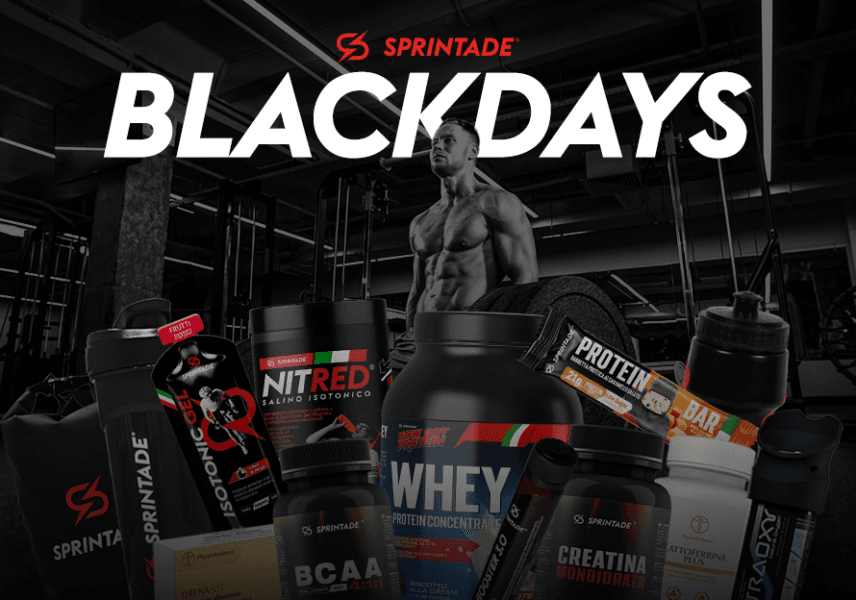Let’s find out what dextrose and maltodextrins are, what they are for and when to take them
Maltodextrins or dextrose, Which of the two is better to take before, after or during an intense workout? Both used as a source of energy for athletes, they have completely different absorption capacities so it is very important to understand when to take one or the other. In this article we will try to understand which of the two substances to focus on and when to have the right amount of energy to maintain high performance and facilitate recovery.
Carbohydrates are the body’s main source of energy and, especially during a race or training, their deficiency leads to an inevitable decline in performance. To ensure that this does not happen, while always maintaining high performance, it is essential to know which specific substance to rely on to fill up with energy at different moments of the athlete’s routine.
Le maltodextrins
Deriving from the hydrolysis process of starches such as corn, potato starch, rice and wheat, maltodextrins are mixtures of carbohydrates in the form of chains of variable lengths of glucose molecules which guarantee the athlete a slow-release energy supply.
Easily digestible and rapidly assimilated, supplements containing maltodextrin are very useful for long-term sports, managing to delay fatigue and ensuring a constant energy supply for the entire duration of the effort. Energy supplementation with maltodextrins can be carried out before and during a race or training, but also after effort to aid recovery. The guidelines recommend taking 60-100 grams of maltodextrin per liter of water:
- taken before training they serve to saturate glycogen stores in the muscles
- taken during training, every 15-20 minutes with regular intakes of 150-200 ml of water or with isotonic gels, they increase resistance to effort and ward off fatigue
- taken after training they promote the rebalancing of energy reserves lost during effort
Dextrose
Dextrose or glucose is a simple sugar belonging to the carbohydrate family. In nature it is the most common monosaccharide, rrepresents the main energy resource of the cells and the only energy source of the brain and red blood cells. For this reason, it is essential that its blood sugar levels are kept within certain limits.
Industrially it is obtained from the total hydrolysis of starch (such as corn and potato starch) and a white crystalline powder is obtained used in various sectors as a food supplement. In the sports field, it is mostly taken post-workout to help restore energy supplies and facilitate the entry of glucose into the muscle fibers.
Maltodextrins or dextrose for athlets
Athletes know that specific training, mental clarity, correct nutrition and good supplementation guarantee the energy necessary for high-level performance. Sports supplements support athletes’ training and improve their performance by providing the right nutrients at the exact moment they are needed. Every athlete, therefore, before, after or during the race or training, must understand when the right time is to rely on these precious allies capable of replenishing the energy lost during physical activity and removing the sense of fatigue.
We have seen that both dextrose and maltodextrins are two great sources of pure energy. The first, glucose, is a simple carbohydrate with immediate absorption, the second are chains of glucose, slow-release complex carbohydrates. Our advice, therefore, is to:
- opt for supplements with maltodextrins that guarantee the right, constant and long-term energy supply during training
- opt for dextrose supplements after exercise to provide instant energy, avoid any drops in sugar levels and speed up recovery
SPRINTADE®: for your energy
Sprintade® products, they allow athletes to assimilate active nutrients very quickly thanks to highly concentrated formulations and the choice of innovative formats, such as liquid vials, gels and chewable gums, easy to use and transport, they make integration available in every context.
Based on maltodextrin, ISOTONIC GEL by Sprintade® is born, an energy preparation with chains of different lengths to guarantee excellent assimilation and does not force the athlete to drink a lot of water.
 18/08/21
18/08/21 3
3





